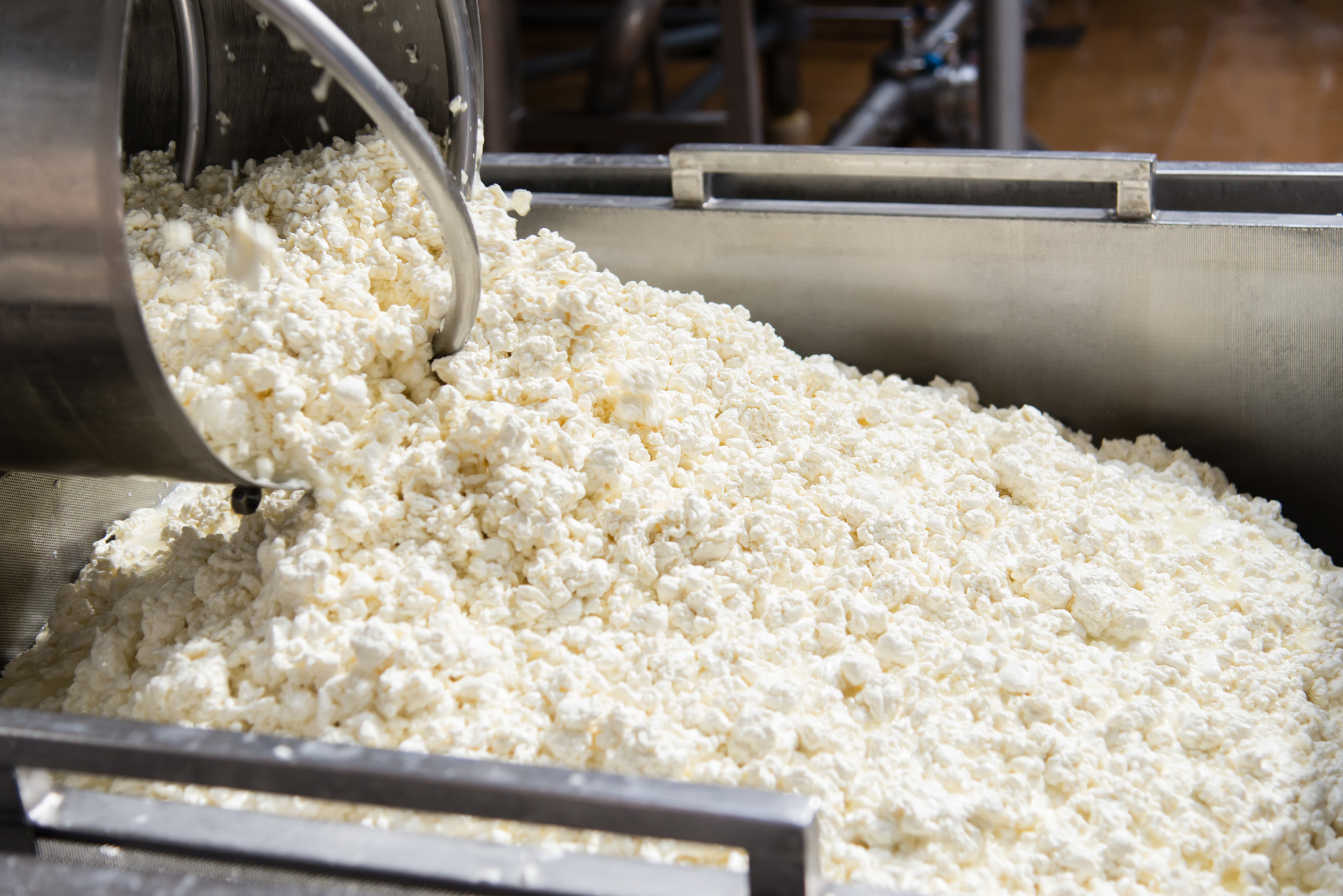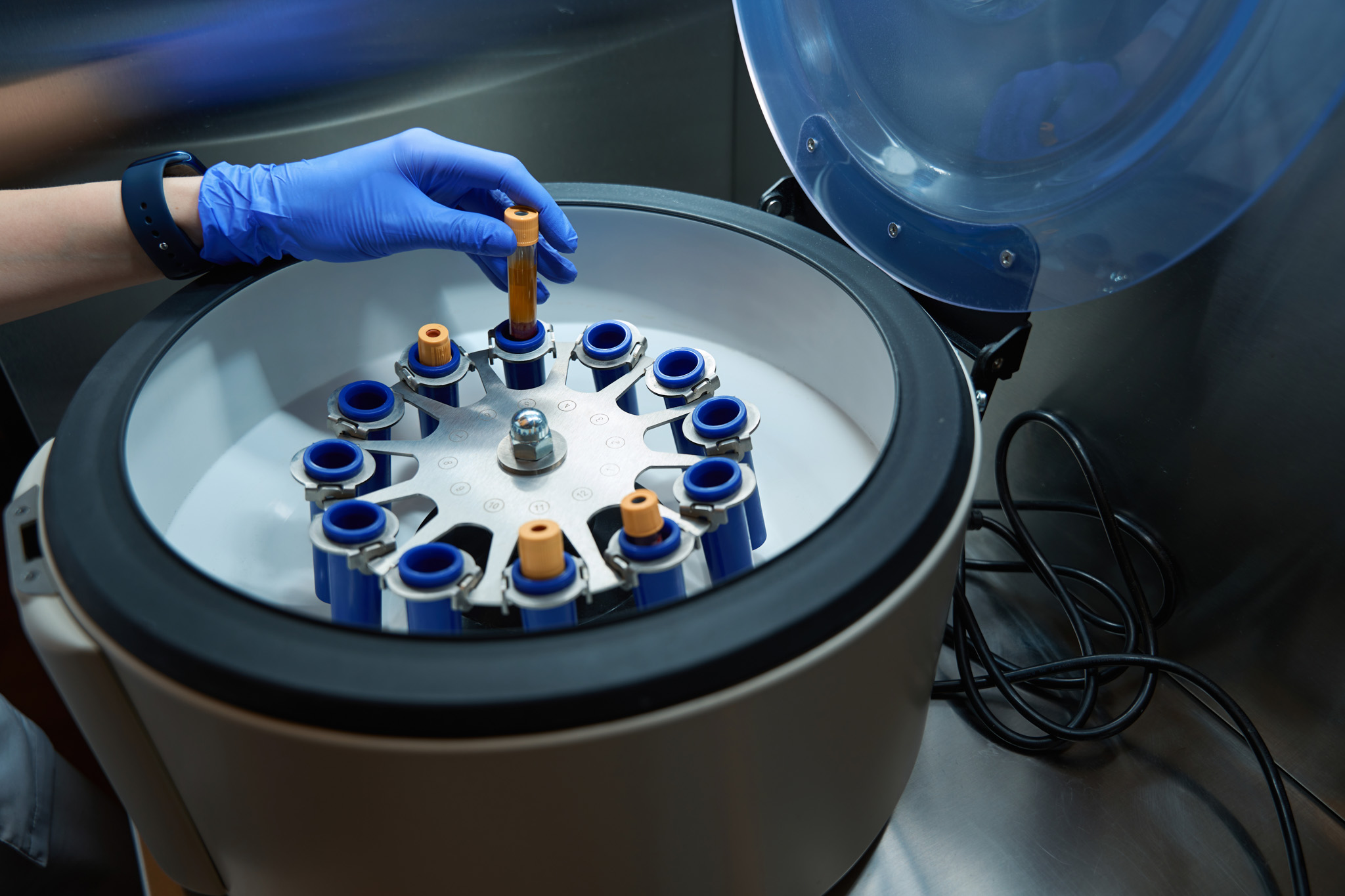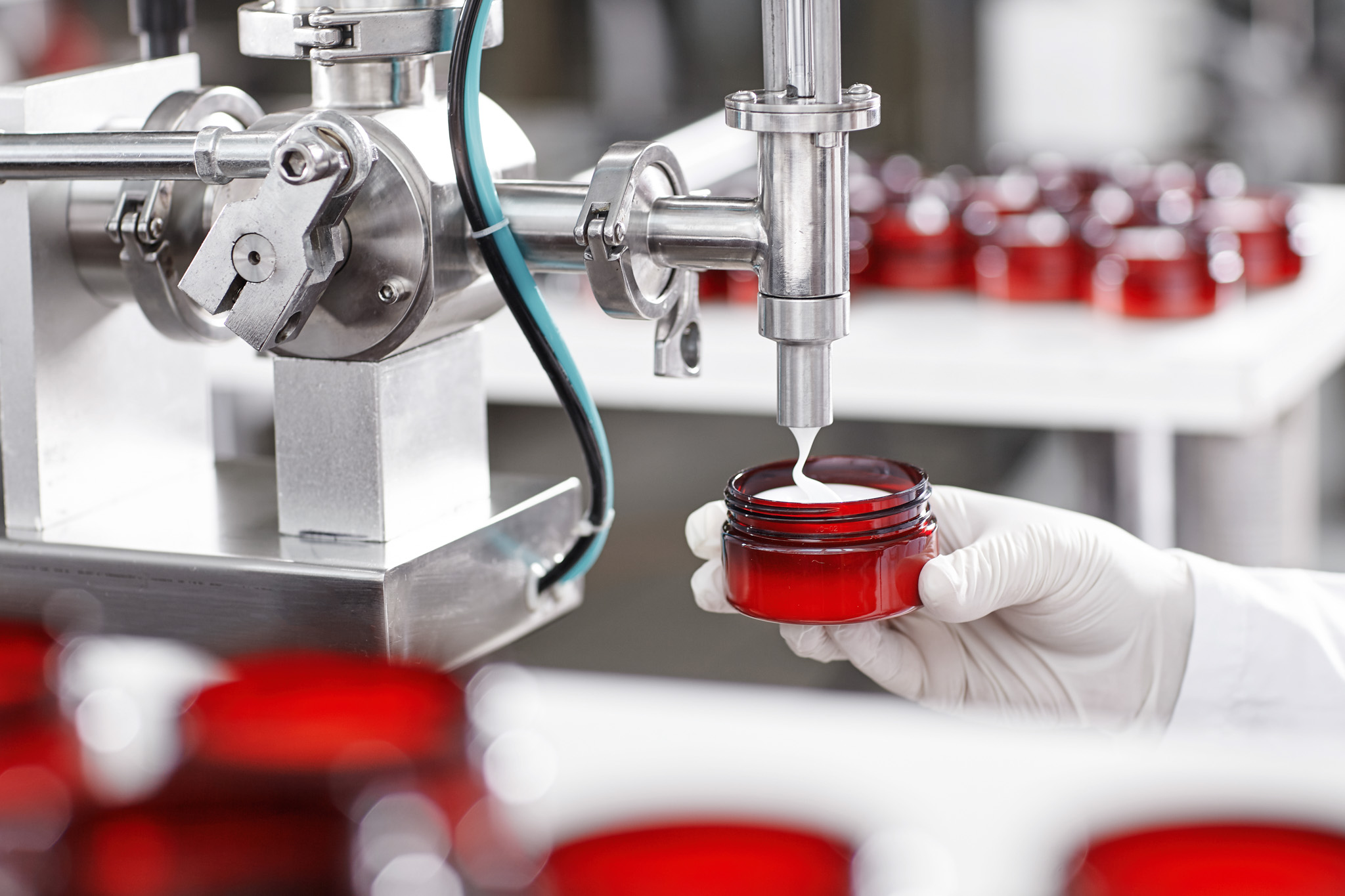Refrigerated transport sectors
Refrigerated transport has become a key pillar in modern supply chains, ensuring that temperature-sensitive products remain fresh and unconditioned during transport.
One of the primary sectors served by refrigerated transport is food and beverage. Perishable products such as meat, fish, dairy products, fruits and vegetables require controlled temperature conditions to maintain freshness and prevent spoilage during transport.
In the pharmaceutical industry, the cold chain is of vital importance. Many drugs and biological products require constant low temperatures to maintain their effectiveness. Refrigerated transport ensures that these sensitive products are delivered to medical facilities without compromising their quality.
Certain chemicals and temperature-sensitive materials require safe and controlled transportation. Industries such as electronics or advanced materials manufacturing often depend on refrigerated vehicles to ensure that their products reach customers without damage.
The horticultural sector is another key beneficiary of refrigerated transport. Flowers and ornamental plants require specific temperature conditions to maintain their freshness and vitality during transport. Refrigeration ensures that the flowers arrive at the recipient in optimal condition.
In the world of cosmetics, refrigerated transport also plays a significant role. Some cosmetic products, such as creams or products made with natural ingredients, may require controlled temperatures to preserve their quality and consistency.






